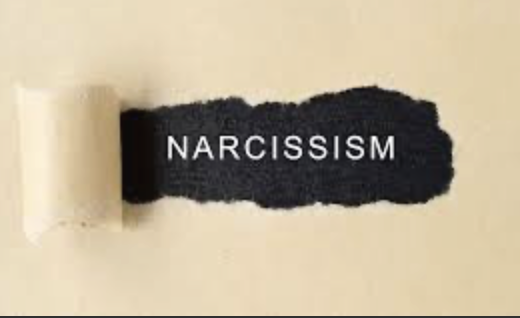In the emotionally charged world of family law, it’s not uncommon to hear one party refer to the other as a “narcissist.” In fact, over the last decade, this label has become so prevalent in separation and divorce cases that it’s practically a default accusation in high-conflict situations. But has the term lost its meaning?
As a family lawyer with years of experience navigating complex relationship dynamics, I’ve seen firsthand how the overuse—and misuse—of the term “narcissist” can do more harm than good.
What is Narcissism, Really?
From a clinical perspective, Narcissistic Personality Disorder (NPD) is a legitimate mental health diagnosis, characterized by a pervasive pattern of grandiosity, need for admiration, and lack of empathy. True narcissists are rare. According to mental health data, only about 1–6% of the population meet the criteria for NPD.
But in everyday language—especially in the context of divorce—the word “narcissist” is used much more broadly, often to describe anyone who is self-centered, emotionally detached, unkind, or difficult to deal with. While those behaviours may feel narcissistic, they don’t necessarily amount to a personality disorder.
Why the Label is Problematic in Family Law
Here’s why this overuse matters:
âś… It inflames conflict.
Labeling someone a narcissist sets a tone of blame and moral judgment that escalates hostility. It makes resolution harder, not easier.
âś… It undermines credibility.
When everyone is calling their ex a narcissist, the term becomes meaningless to judges, mediators, and lawyers. Legitimate concerns may be dismissed because the label is so overused.
âś… It can be weaponized.
Sometimes, the label is used strategically to paint the other party as unfit, especially in custody cases. This misuse can backfire and damage the accuser’s own credibility.
âś… It prevents self-reflection.
Framing the entire relationship breakdown as the fault of a “narcissist” can prevent individuals from looking at their own role in the dynamic and learning from it. Healing becomes harder.
What to Do Instead
đź’ˇ Describe behaviours, not diagnoses.
Rather than saying your ex is a narcissist, explain how their behaviour impacted you or your children. For example: “He constantly dismissed my concerns and made me feel invisible.”
đź’ˇ Focus on patterns.
Judges and lawyers look for consistent patterns of behaviour—controlling, manipulative, emotionally abusive—not just inflammatory labels.
đź’ˇ Rely on professionals.
If there’s a genuine concern about personality disorders or abusive behaviour, bring in the right experts—mental health professionals who can provide assessments and opinions.
đź’ˇ Prioritize outcomes, not labels.
Ultimately, the goal in any family law proceeding is to reach fair, sustainable agreements—especially where children are involved. Staying grounded in facts and focusing on solutions serves everyone better.
The Bottom Line
Divorce is painful. It can make even reasonable people act in unreasonable ways. But not every ex is a narcissist—and framing them as such can hurt more than help.
As family law professionals, we have a responsibility to keep the conversation constructive, trauma-informed, and focused on what truly matters: safety, fairness, and moving forward.
Let’s use our words wisely. Labels may feel validating in the moment, but they rarely lead to the healing or resolution we’re truly seeking.
Have you noticed this trend in your practice or personal experience? I’d love to hear your thoughts—let’s keep the conversation respectful and solution-focused.
Editorial note: This article was first published on LinkedIn in July 2025 and is republished here for reference.
Share this article on:
